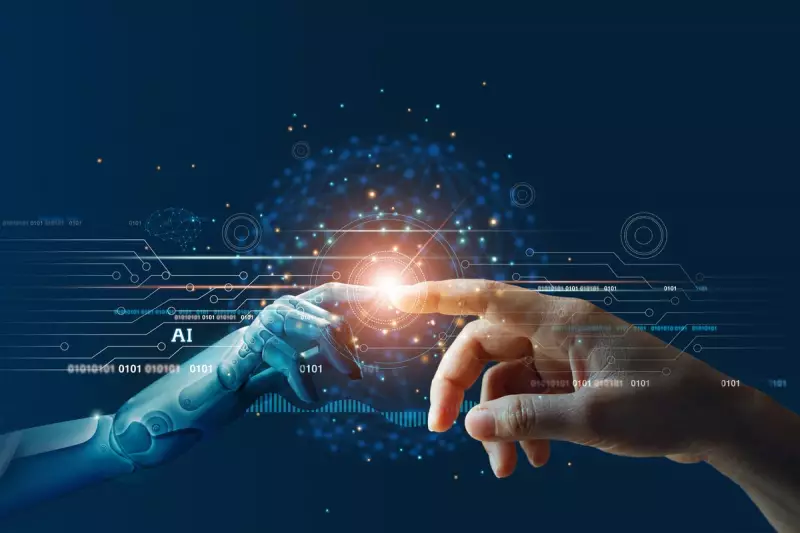
The traditional career path for graduates is facing an unprecedented threat from artificial intelligence, with new research indicating that entry-level white-collar positions are most vulnerable to automation.
A comprehensive study from the University of London and the University of Essex reveals that AI systems like ChatGPT are poised to disrupt the job market in a way that fundamentally differs from previous technological revolutions. Unlike earlier automation that primarily affected manual labour, this new wave targets cognitive tasks typically performed by university graduates.
The Changing Face of Workplace Automation
Professor Giovanni Razzu, co-author of the research, highlights the paradigm shift: "The traditional trade-off between a degree and a job is changing. AI is transforming the landscape, and graduates entering the market now face very different challenges than previous generations."
The research identifies several key sectors where AI impact will be most pronounced:
- Content creation and writing positions
- Junior analytical and research roles
- Entry-level customer service and support positions
- Basic coding and programming tasks
- Administrative and coordination roles
Graduates on the Front Lines
Unlike previous technological shifts that primarily affected manual workers, this AI revolution disproportionately impacts those just starting their careers. Recent graduates often perform the routine cognitive tasks that AI systems can increasingly handle efficiently.
Dr. Maria Ventura, another study contributor, explains: "It's the repetitive, pattern-based white-collar work that's most susceptible. These are exactly the types of roles graduates traditionally fill while gaining experience."
Preparing for the AI-Driven Economy
The research suggests that educational institutions and employers must adapt quickly. Universities need to reconsider how they prepare students for a workplace where AI tools are ubiquitous, focusing on skills that complement rather than compete with artificial intelligence.
Key areas for development include:
- Critical thinking and complex problem-solving
- Creativity and innovation
- Emotional intelligence and interpersonal skills
- Adaptability and continuous learning
- Ethical reasoning and judgment
The study serves as both a warning and a call to action for policymakers, educators, and business leaders to collaboratively address the challenges posed by rapid AI advancement in the workforce.





